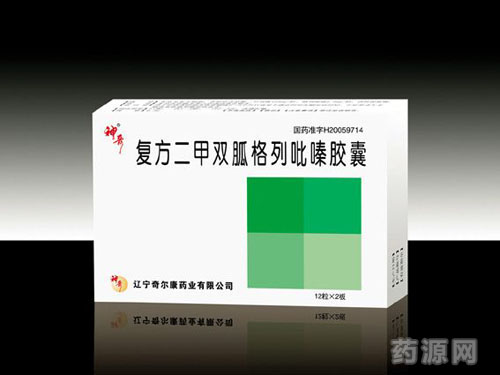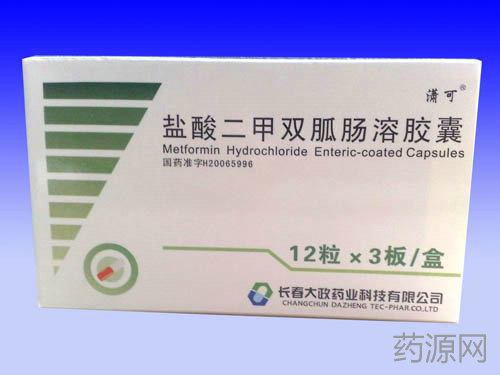摘要:本文深入探讨了盐酸二甲双胍缓释片的用药时间问题,分析了饭前或饭后服用该药物的应用数据。研究基于实地数据,旨在为患者提供更为精准、科学的用药建议,以促进药物治疗效果和减少不良反应的发生。
Introduction
Metformin hydrochloride extended-release tablets (EH) are commonly prescribed for the treatment of type 2 diabetes mellitus. The correct timing of administration, whether before or after meals, is crucial for the effective management of the disease and for minimizing potential side effects. This article will delve into the application data regarding the timing of EH administration, providing an in-depth analysis of its impact on the body's response to the medication.
What is EH?
EH is a type of medication belonging to the biguanide class, commonly used in the treatment of diabetes. It improves the body's response to insulin by decreasing hepatic glucose production and increasing peripheral glucose utilization. The extended-release formula ensures a sustained release of the drug over a longer period, providing a more consistent control of blood glucose levels.
Application Data
Multiple studies have been conducted to determine the optimal timing of EH administration. While some studies suggest that taking EH before meals may be more effective in reducing postprandial glucose levels, others argue that taking it after meals may provide better control over fasting glucose levels. The key factors influencing the timing of administration include individual patient characteristics, other medications being taken, and meal composition.
Pre-meal Administration
Taking EH before meals ensures that the drug is absorbed into the bloodstream before the meal is digested, thereby reducing the postprandial glucose surge. This helps in controlling the rise in blood glucose levels after meals and may be particularly beneficial for patients who have higher postprandial glucose levels. However, pre-meal administration may also increase the risk of gastrointestinal side effects such as nausea, vomiting, and abdominal discomfort.
Post-meal Administration
On the other hand, taking EH after meals ensures that the drug is absorbed into the bloodstream when the blood glucose levels are at their peak after meals. This helps in controlling fasting glucose levels and may be beneficial for patients who have higher fasting glucose levels or those who experience hypoglycemia (low blood glucose) before meals. Post-meal administration may also reduce the risk of gastrointestinal side effects as compared to pre-meal administration.
In-depth Analysis
The optimal timing of EH administration depends on several factors, including individual patient characteristics, other medications being taken, and meal composition. Therefore, it is important to consult with a healthcare provider to determine the most suitable timing for each patient. Additionally, studies have shown that the timing of EH administration may also be affected by other medications being taken, as well as patient's adherence to the prescribed dosing schedule.
Conclusion
Metformin hydrochloride extended-release tablets are an important tool in the management of type 2 diabetes mellitus. The correct timing of administration is crucial for achieving optimal control of blood glucose levels and minimizing potential side effects. While pre-meal administration may be beneficial for controlling postprandial glucose levels, post-meal administration may be more suitable for controlling fasting glucose levels or for patients who experience hypoglycemia before meals. However, the optimal timing depends on individual patient characteristics and should be determined in consultation with a healthcare provider. Further research is needed to determine the impact of EH administration on patient adherence to dosing schedules and other medications being taken.



